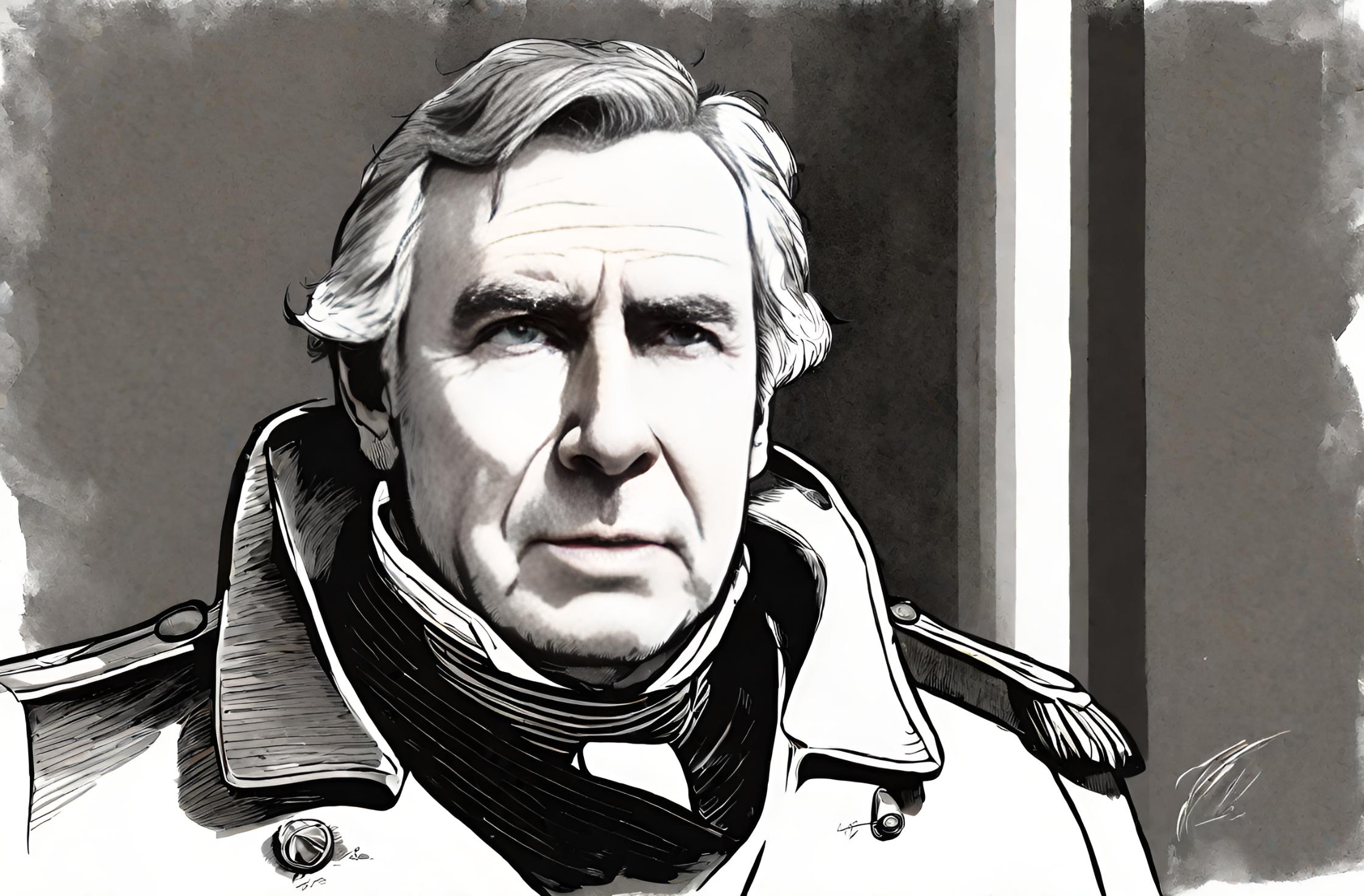Flashback to November 7
American History

2005
President George W. Bush nominates Appeals court judge Samuel Alito to join the Supreme Court of the United States.
Read moreThe 31st of October 2005 marked a significant day in the annals of American legal history as President George W. Bush nominated Appeals court judge Samuel Alito to join the esteemed roster of the Supreme Court of the United States. This decision ensued following the resignation of Justice Sandra Day O’Connor.
George W. Bush, the 43rd President of the United States, presented Alito’s nomination – sending ripples of surprise, delight, and speculation throughout the legal and political communities. The choice was indicative of Bush’s insistent stance on appointing justices who embody a strict, conservative interpretation of the Constitution.
Samuel Alito, born on April 1, 1950, has had a distinguished career in law up until his nomination. With a juris doctorate from Yale Law School, he launched into a successful journey across various roles, which widened his legal perspective, honed his skills, and consequently prepared him for the esteemed seat of a Supreme Court Judge.
Years of rich experiences accumulated from his time as an assistant US Attorney, Assistant Solicitor General, Deputy Assistant Attorney General, and his decade-long service on the Court of Appeals for the Third Circuit, undoubtedly poised him as a likely candidate for the nomination.
In the US political landscape, the appointment of a Supreme Court Judge is a matter of paramount importance, given the impact on key judicial decisions that steer the progress of the country. The nomination of Samuel Alito signaled a drive towards shaping the Court into a more conservative nature.
Alito’s nomination elicited a significant amount of debate among legal experts, political pundits, and the American public. Known to lean on the conservative aspect of legal interpretations, his selection by President Bush was seen as an attempt to shift the Supreme Court’s ideological balance to the right.
Various interest groups and individual stakeholders voiced their diverse perspectives on Alito’s nomination. The right-wing factions lauded the choice, perceiving Alito as an archetypal conservative judge that could uphold and protect traditional values.
Meanwhile, the left claimed the nominee as potentially divisive in emphasizing individual rights and progressive values. Critics expressed concerns that his addition to the bench could result in a conservative dint on rulings pertaining to hot-button topics such as abortion, health care mandates, and affirmative action.
Notwithstanding the diverse opinions, Alito’s respected reputation in the legal community was generally acknowledged. His impeccable academic credentials and extensive experience were seen as significant assets that qualified him for the esteemed judgeship of the Supreme Court of the United States.
Post-nomination, the intense scrutiny began as the Senate Judiciary Committee geared up for confirmation hearings. This gauntlet of rigorous analysis, hearings, and debates is designed to test the suitability of the nominee for the position.
The nomination of Judge Samuel Alito by President George W. Bush marked a crucial juncture in American judicial history. It set in motion a series of events and debates that ultimately shaped the political and ideological landscape of the Supreme Court, bearing testament to the profound influence the nomination held on the country’s legal and social framework.
In essence, President George W. Bush’s decision on October 31, 2005, sparked a contentious yet pivotal discussion on the ideology, qualifications, and interpretation of constitutional law by Supreme Court Justices. Samuel Alito’s nomination served as a touchstone for this conversation, etching an indelible mark on the Supreme Court’s composition and the future course of American jurisprudence.
We strive for accuracy. If you see something that doesn't look right, click here to contact us!
Sponsored Content

Zachary Taylor is elected…
In the U.S. presidential…

Democrat Woodrow Wilson is…
In the significant 1916…

Near Denver, Colorado, a…
On November 7, 1882,…

US President Franklin Roosevelt…
In a history-defining event…

John Glenn returns to…
Celebrating the triumphant return…

Abolitionist Elijah Lovejoy murdered…
"Elijah Lovejoy, a renowned…

